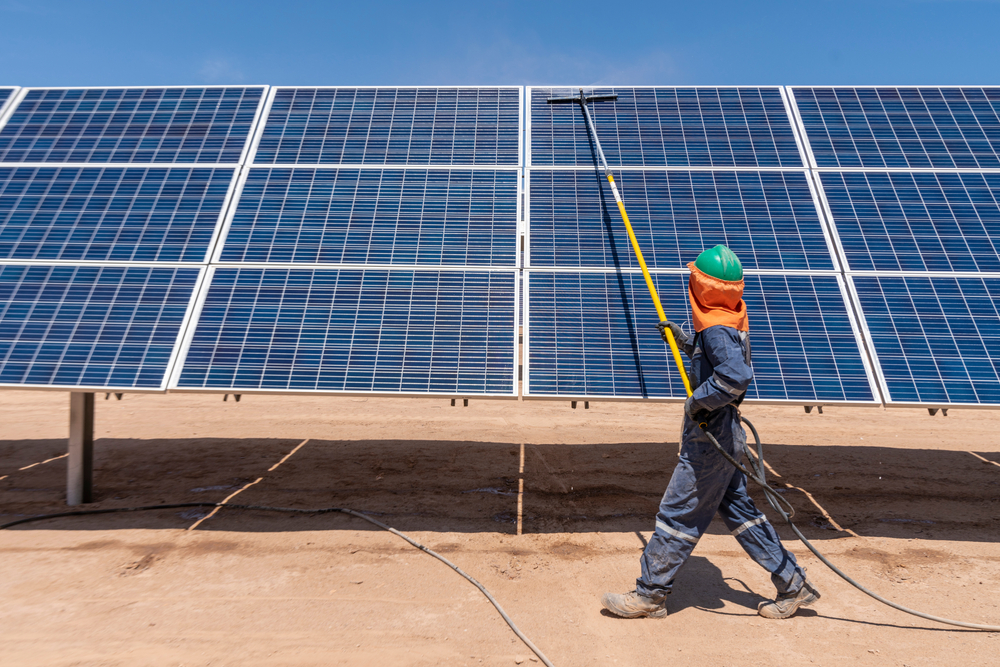Investment in new fossil fuel production and continued use of coal power would need to end this year if the global energy sector is to transition to net-zero emissions by 2050, a recent report by the International Energy Agency (IEA) has argued. A net-zero energy sector is achievable, but it would require an “unprecedented transformation” in the way energy is produced, the IEA said.
On September 21, the global energy transition received a major boost when China, the last major public investor in overseas coal power, pledged to cut support for this energy source. Addressing the UN General Assembly in New York, China’s President Xi Jinping also promised to back developing countries in their pursuit of low-carbon development.
While slower than other developing regions, Latin America’s energy transition is underway, with the share of renewables — namely solar, wind, and geothermal — growing in these countries’ energy mixes. Chile, Uruguay, and Costa Rica are among those leading the way, having invested heavily in renewable energy in recent years. Still, a decisive move away from fossil fuels is proving difficult in a region that derives 75 percent of its primary energy supply from non-renewables.
With the region needing to accelerate its clean energy transition and attract financial support for its efforts, Diálogo Chino has put together a unique interactive map that plots all of Latin America’s networked wind, solar and geothermal energy projects, detailing their installed energy capacity, operational status, and ownership.
Hydropower, a major energy source for many countries, is not included in the dataset. Although considered a renewable source by many, hydropower projects are often associated with adverse impacts on people and biodiversity, involving large-scale deforestation and the relocation of communities that help...


 Search
Search






































